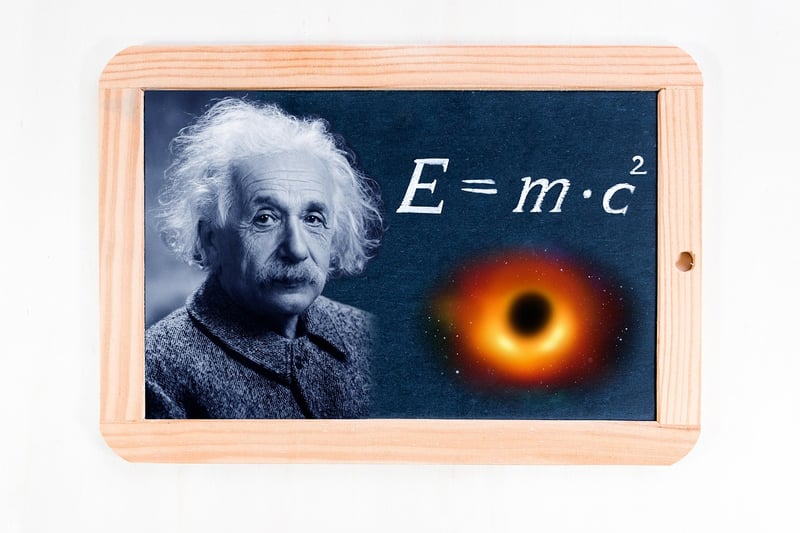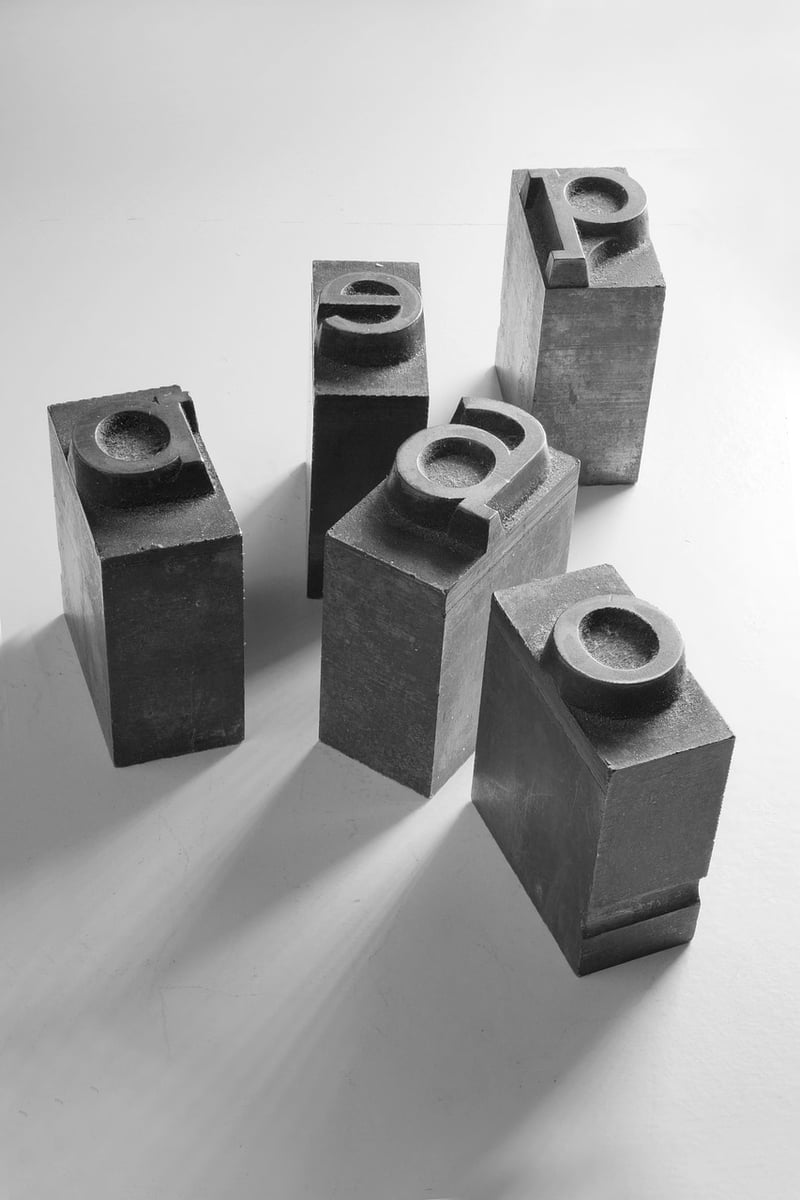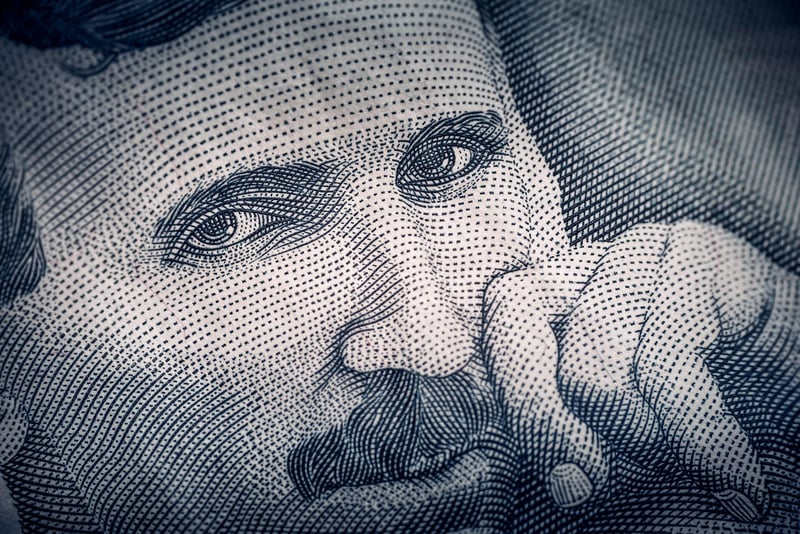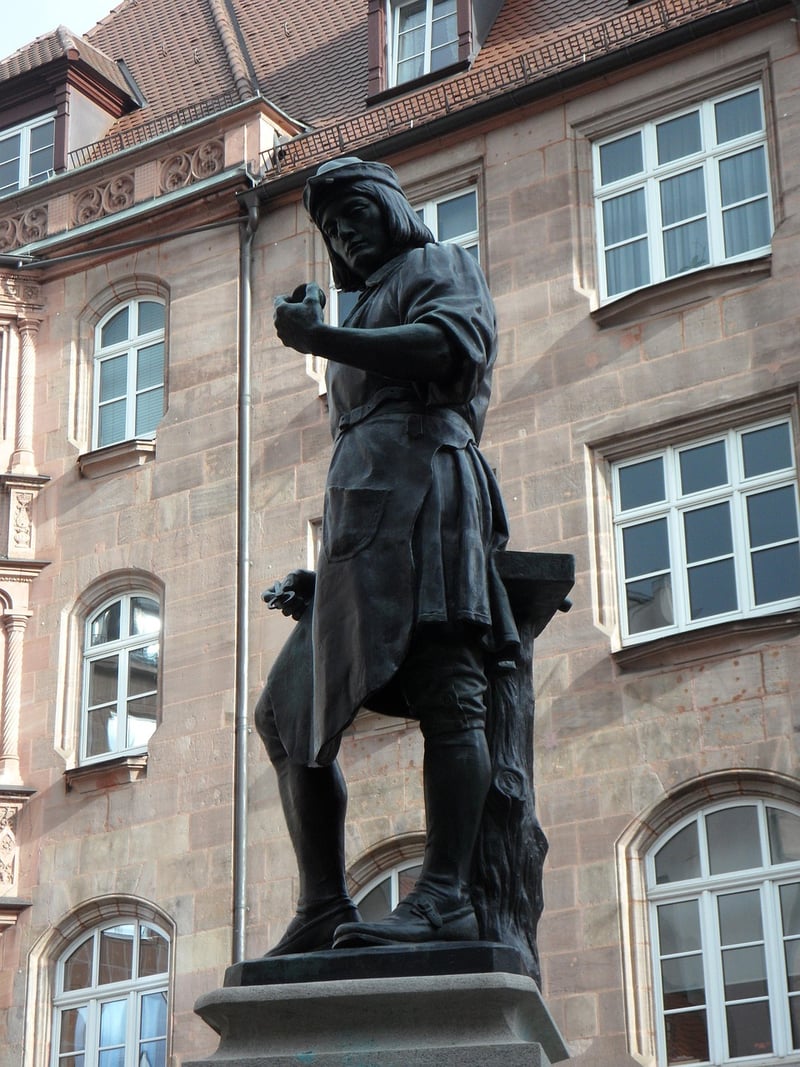Famous Inventors
The Fascinating World of Inventions and Theories
Introduction to Inventions and Theories
Inventions and theories have shaped the course of human history, driving progress and innovation across various fields. From groundbreaking scientific discoveries to revolutionary technological advancements, these creations have transformed the way we live, work, and interact with the world around us.
Key Inventions and Theories
The Theory of Relativity by Albert Einstein
Albert Einstein's Theory of Relativity, encompassing both the Special and General theories, revolutionized modern physics. It introduced groundbreaking concepts related to space, time, and gravity, fundamentally altering our understanding of the universe.

The Printing Press by Johannes Gutenberg
Johannes Gutenberg's invention of the printing press in the 15th century marked a significant milestone in the history of communication. It enabled the mass production of books and other printed materials, democratizing knowledge and fostering the spread of information.

Famous Inventors
Nikola Tesla
Nikola Tesla, a pioneering inventor and electrical engineer, made significant contributions to the development of alternating current (AC) electrical systems. His work laid the foundation for modern power distribution and wireless communication technologies.

Marie Curie
Marie Curie, a renowned physicist and chemist, conducted pioneering research on radioactivity. She was the first woman to win a Nobel Prize and remains a symbol of scientific excellence and perseverance.

Conclusion
Inventions and theories continue to drive progress and shape the future of humanity. By exploring the work of famous inventors and groundbreaking theories, we gain insights into the remarkable achievements that have transformed our world.
